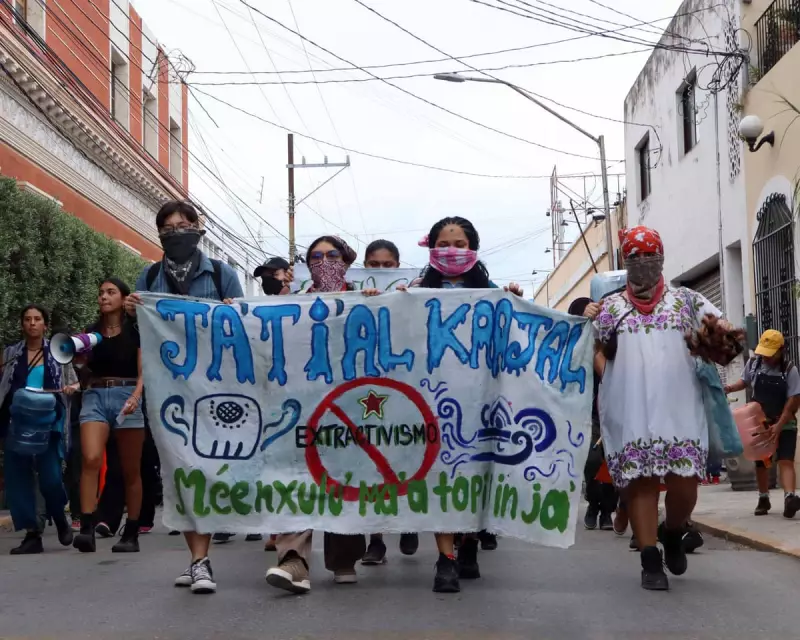
In the heart of Mexico's Yucatán peninsula, a bitter conflict is brewing between global beer giant Heineken and local Maya communities fighting to protect their most precious resource: water.
Sacred Waters Under Threat
The construction of Heineken's new $50 million brewery near Mérida has sparked outrage among environmental activists and indigenous groups. The facility sits within the unique Ring of Cenotes, a protected geological reserve containing hundreds of natural sinkholes that form part of the world's largest underground river system.
These crystal-clear cenotes aren't just tourist attractions - they're sacred sites to the Maya people and the primary source of fresh water for local communities. Environmental scientists warn that industrial-scale water extraction and potential contamination from the brewery could irreparably damage this fragile ecosystem.
Community Resistance Grows
Local opposition has been mounting for months, with protestors establishing camps near the construction site. "They're taking our water to make beer while our communities face shortages," says community organiser Alejandra Flores. "This isn't development - it's destruction of our heritage."
The situation escalated recently when authorities dismantled protest camps, leading to accusations of heavy-handed tactics and prioritising corporate interests over community welfare.
Heineken's Environmental Claims Questioned
Despite Heineken's assurances about sustainable water management and environmental protection, campaigners remain sceptical. The company claims the brewery will use advanced water treatment and operate within legal extraction limits.
However, environmental experts point to the region's delicate hydrogeology, where pollution can spread rapidly through interconnected underground channels. "One contamination event could affect multiple cenotes and communities," warns hydrogeologist Dr Carlos Mendoza.
As construction continues, the battle for Yucatán's sacred waters represents a growing global conflict between industrial development and indigenous environmental rights.





